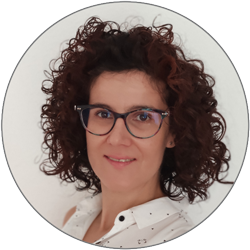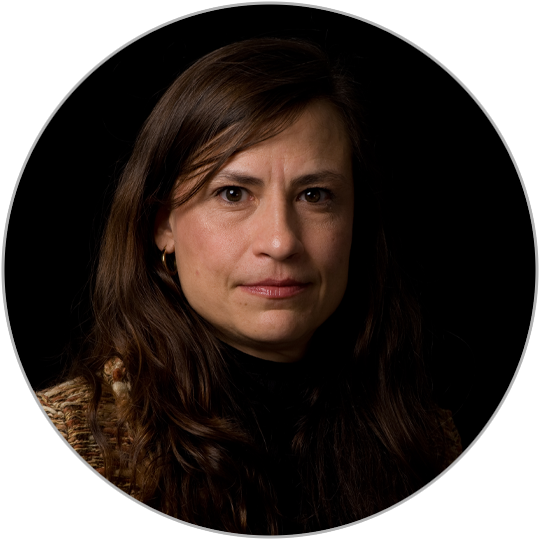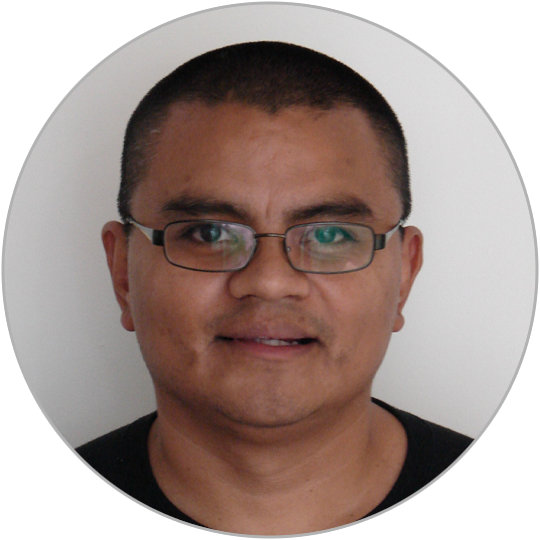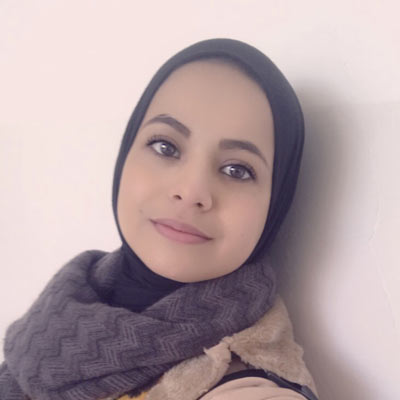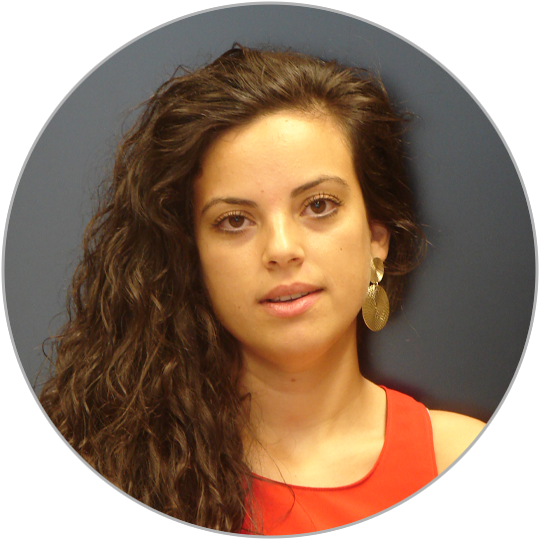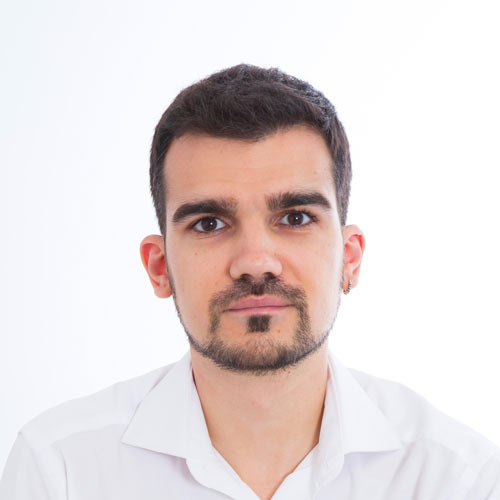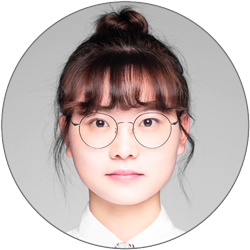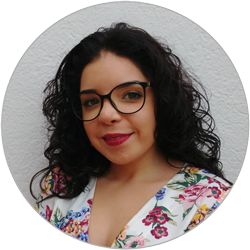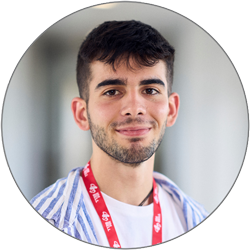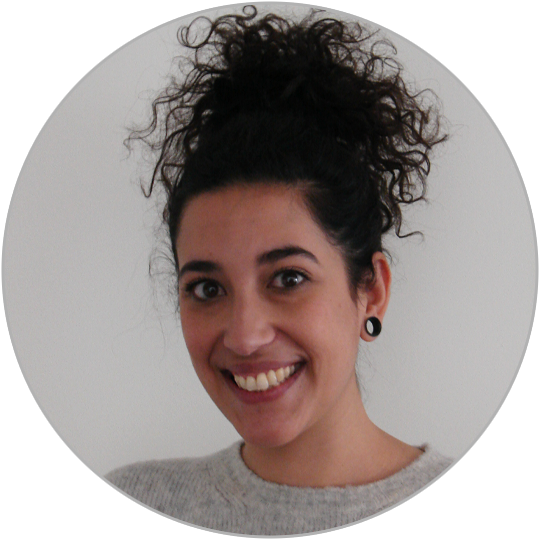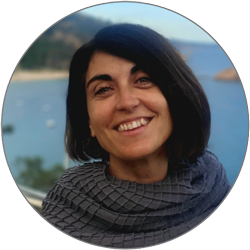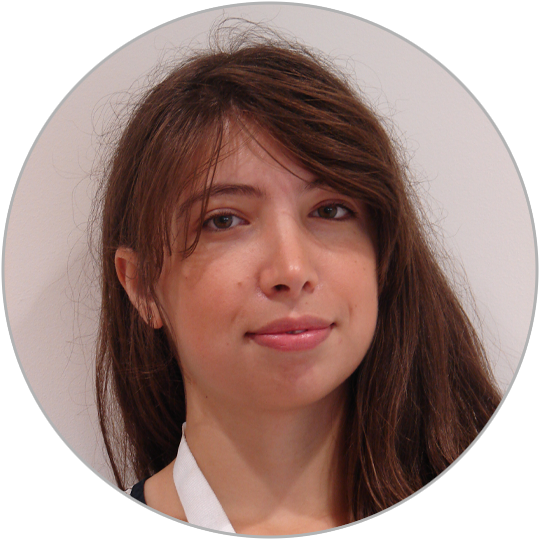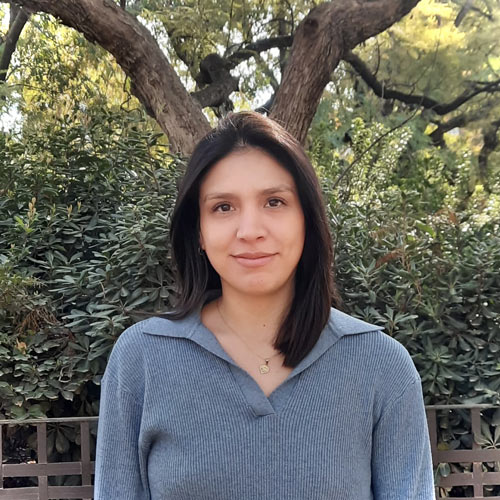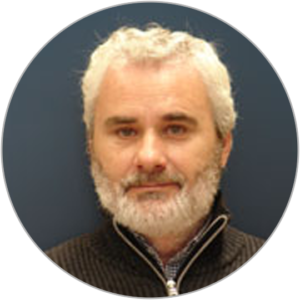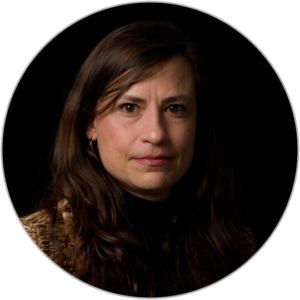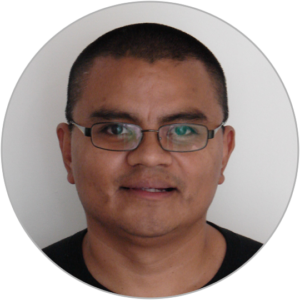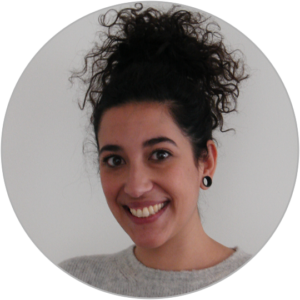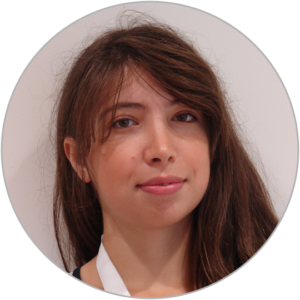Raya Group
Reprogramming the potency of somatic cells to accelerate stem cell-based regeneration
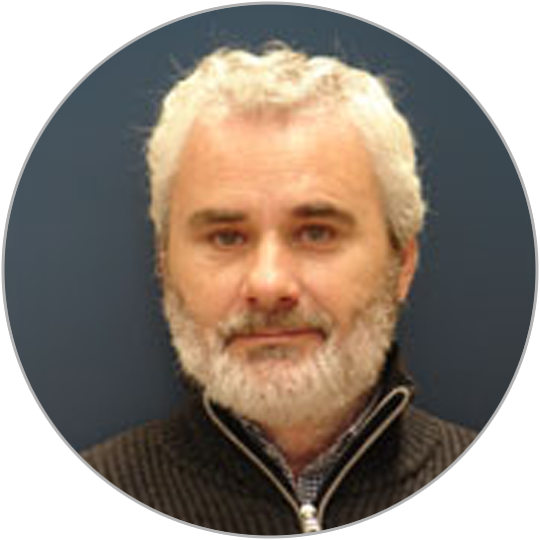
Lab focus
During embryo development, the potency of the zygote is deployed through coordinated and stereotypical changes in cell behaviors and processes of tissue patterning, ultimately resulting in the formation of an entire, highly complex organism in a relatively short period of time. Throughout this process, the developmental potency of individual cells, i.e. their ability to give rise to cells of a different type than their own, is progressively lost, so that somatic cells in adult individuals retain very limited potency (such as in rare adult stem cells) or show no potency at all.
Our laboratory is interested in understanding the mechanisms that govern the degree of potency of human somatic cells, and how it can be experimentally increased for conditions where doing so may be of biomedical relevance. Specifically, the context in which we investigate these issues is mainly centered on the paradigm of cardiac regeneration/repair. Overall, our research takes advantage of a variety of experimental paradigms (zebrafish heart regeneration, human iPSC generation and differentiation), approached from a multi-disciplinary perspective, ranging from bioengineering approaches to 3D stem cell differentiation to single-cell genetic lineage tracing analyses and genetic manipulation of human cells, aimed at tackling important current issues in biology and biomedicine, such as the mechanisms that control the establishment and maintenance of developmental potency, the initiation and progression of the regenerative process, and the differentiation and functional maturation of human cardiomyocytes, and the development of genuinely human models of human disease.
Why it matters
Heart-related diseases are the main cause of mortality in the world, with ischemic heart disease being the single most frequent condition accounting for the death toll. This results from the very limited ability of the mammalian heart to regenerate on its own, and underscores the pressing biomedical need to finding ways for potentiating this ability (heart regeneration) and/or providing new cardiac cells to replace the lost or damaged ones (heart repair).
Keywords
Publications
Members

